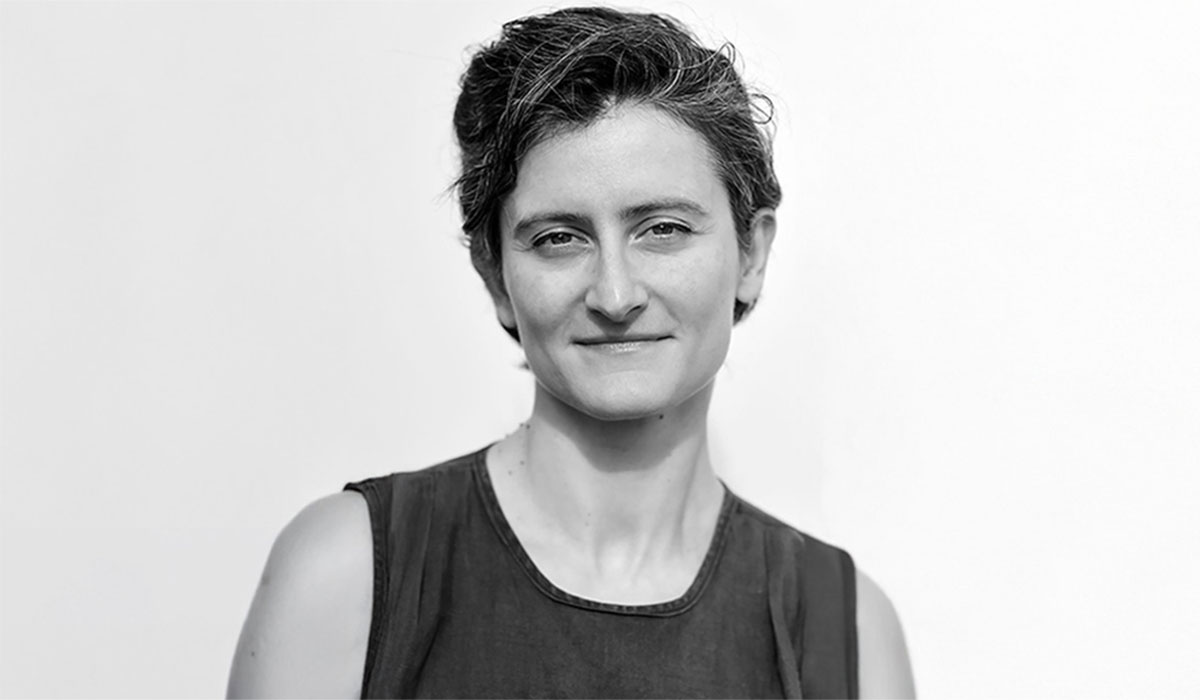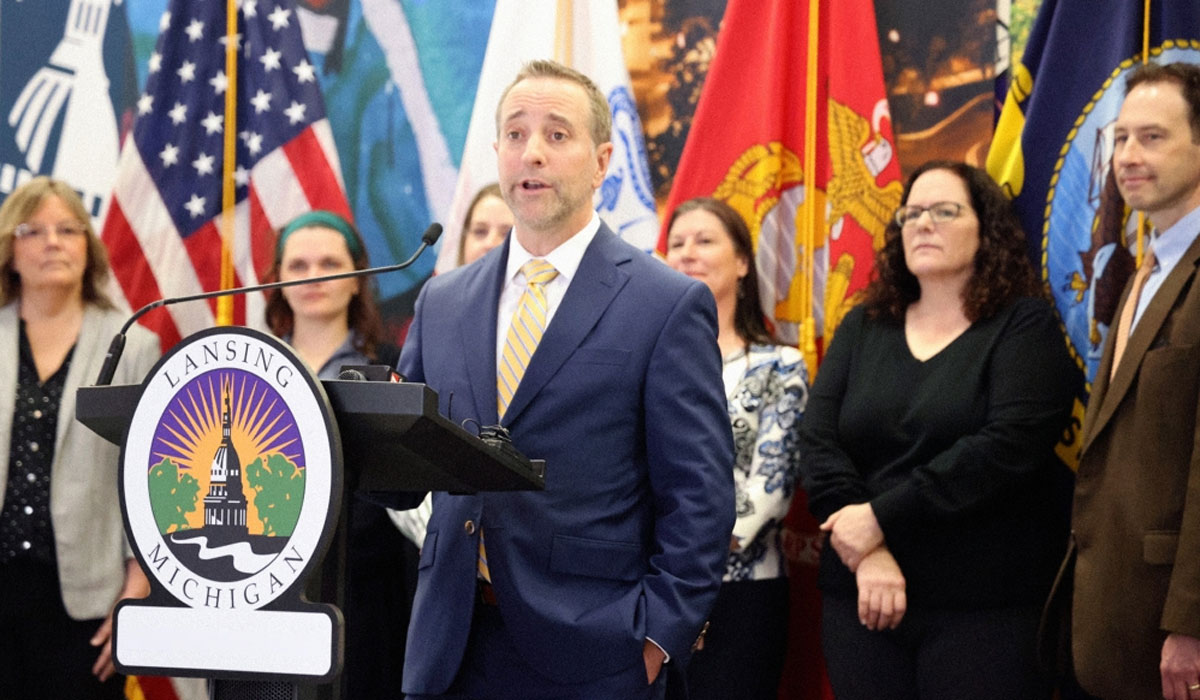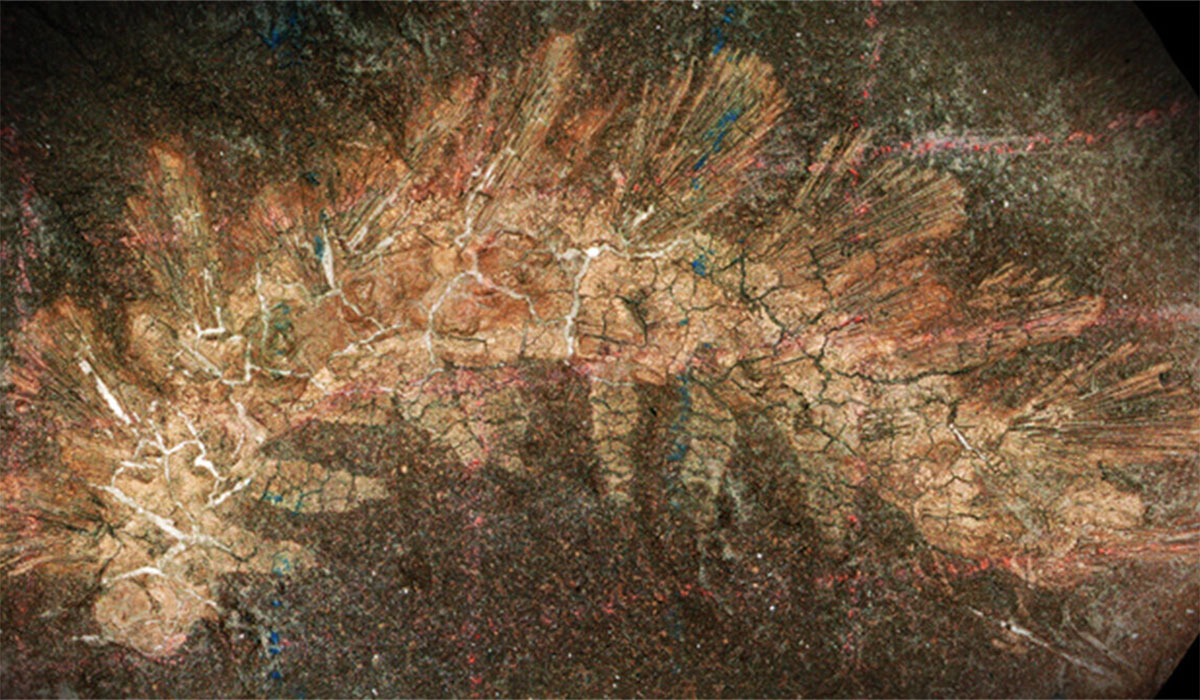A certain type of political figure has dominated conservative movements in recent years. Defined by policy goals such as economic nationalism and closed borders, figures like Donald Trump, Italy’s Giorgia Meloni, and Hungary’s Viktor Orban have garnered strong majorities in their respective countries. What factors contributed to their rise, and what impact are they having on established democracies? Charlotte Cavaillé, assistant professor of public policy, explores the expansion of populist nationalist movements in an interview for the Ford School’s State & Hill magazine.













